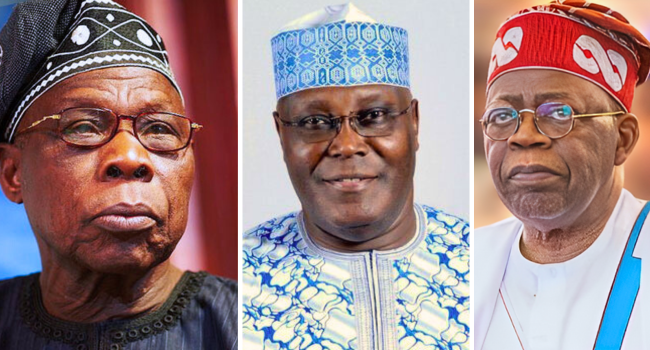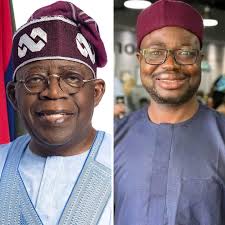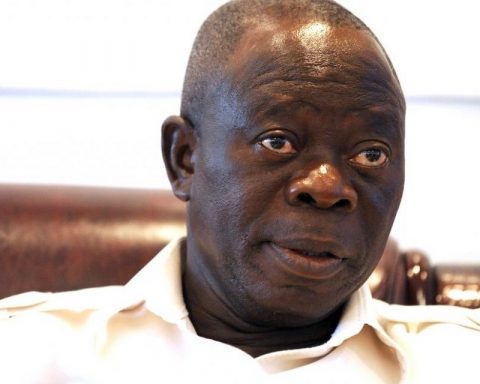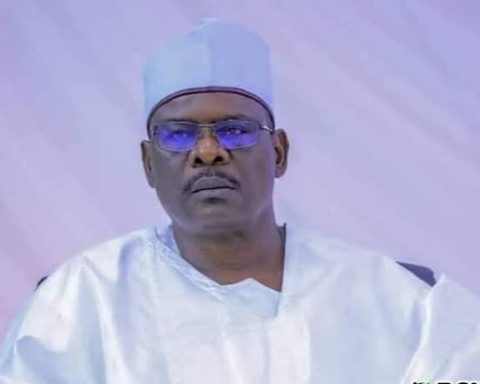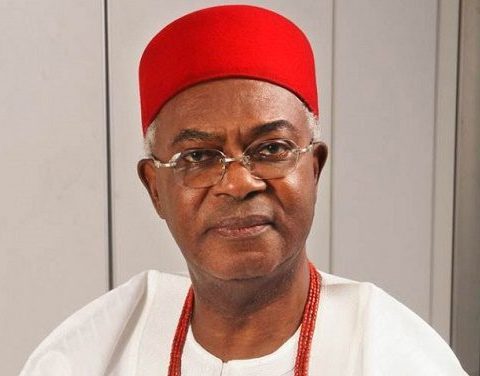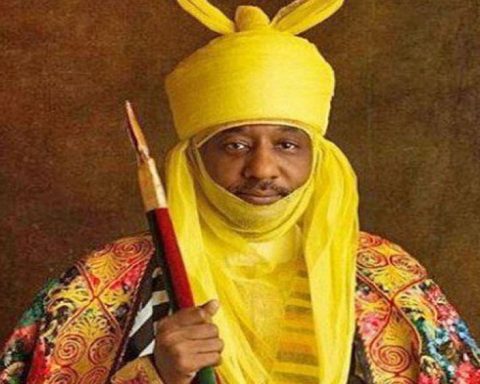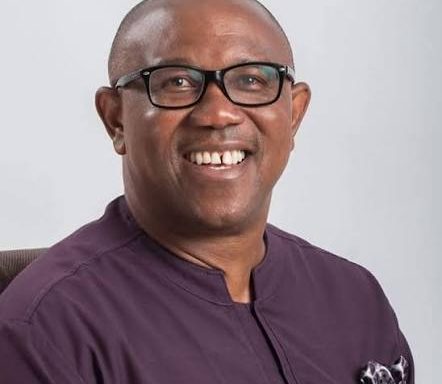Former President Olusegun Obasanjo has renewed his warning to African leaders especially in Nigeria against clinging to power, arguing that age and frailty undermine good governance and weaken public trust.
Speaking at the Democracy Dialogue organised by the Goodluck Jonathan Foundation in Accra, Ghana, Obasanjo said Africa’s leadership problems often stem from politicians who treat power as a personal possession rather than a public trust.
“The best leadership comes when you are young, vibrant, and dynamic,” Obasanjo declared. “When you are weak and frail, you cannot give your best. When you are kuje kuje [physically weak], you don’t have the best. Yet some believe that unless they are in power, no one else can govern. That, I believe, is a sin against God, because once you are gone, someone else will step in and they may perform better or worse.”
Join our WhatsApp ChannelHe specifically mentioned President Tinubu and former Vice President Atiku Abubakar, saying both men continue to seek power despite their advancing age. “Some individuals like Bola Tinubu and Atiku Abubakar believe that unless they are in power, no one else can govern,” he said.
The former president’s remarks come as Nigeria prepares for the 2027 general election, with age and capacity emerging as key issues. Tinubu will be 75 by then, while Atiku will be 81. Both men were top contenders in the 2023 polls and remain influential in their parties.
READ ALSO: 2027: Atiku Dumps PDP
Bola Tinubu’s Inaugural Speech (Full Text)
Political analysts say Obasanjo’s comments resonate with a public increasingly wary of elderly leaders after the experience of former President Muhammadu Buhari, whose frequent medical trips and sluggish government response earned him the nickname “Baba Go Slow.”
In previous elections, religion and regional rotation were dominant factors, but many voters now see physical fitness and mental agility as essential for effective leadership.
Obasanjo’s intervention highlights a growing shift in Nigeria’s political discourse toward generational change. His call for younger, more dynamic candidates reflects mounting pressure on the political class to prioritize competence, energy, and innovation over entrenched influence.
With less than two years to the next presidential race, his warning could shape party strategies, voter expectations, and the emergence of fresh contenders in a country where leadership quality directly impacts economic stability and governance.
By urging leaders to respect constitutional limits and step aside when age diminishes their capacity, Obasanjo reinforced his long-standing message: power must serve the people, not the personal ambitions of those who hold it.
Amanze Chinonye is a Staff Correspondent at Prime Business Africa, a rising star in the literary world, weaving captivating stories that transport readers to the vibrant landscapes of Nigeria and the rest of Africa. With a unique voice that blends with the newspaper's tradition and style, Chinonye's writing is a masterful exploration of the human condition, delving into themes of identity, culture, and social justice. Through her words, Chinonye paints vivid portraits of everyday African life, from the bustling markets of Nigeria's Lagos to the quiet villages of South Africa's countryside . With a keen eye for detail and a deep understanding of the complexities of Nigerian society, Chinonye's writing is both a testament to the country's rich cultural heritage and a powerful call to action for a brighter future. As a writer, Chinonye is a true storyteller, using her dexterity to educate, inspire, and uplift readers around the world.


